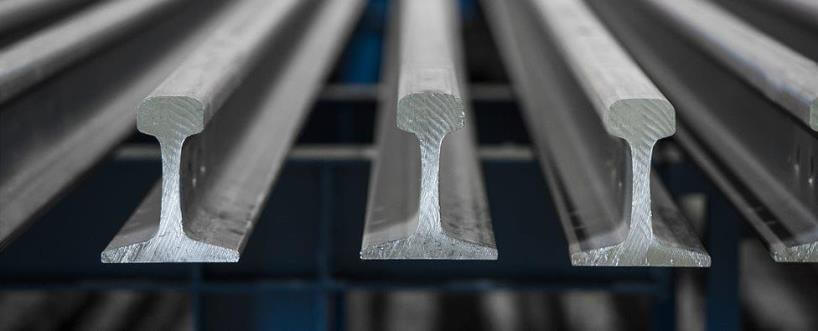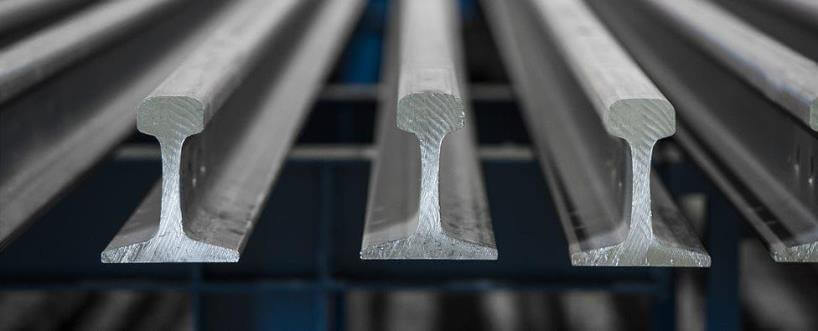
In a special feature interview with Theresa E. Wagler, a highly seasoned professional of Steel Dynamics, she gives fascinating insights into her broad yet vital and fascinating role as CFO of this company. How does she ensure that her visions are executed across all sectors of the company? Why are people the most critical component to any business’s success? How does she define innovation? And how is the company uniquely positioned in the steel industry?
These and further questions are explored in this compelling interview. “The finance role is quite broad at Steel Dynamics” Wagler explains. “It encompasses not only treasury, accounting and taxation, and internal audit, but also, overall risk management, information technology, and external communications” she adds.
As part of the executive leadership team, Wagler is also deeply involved with strategy. She has been blessed to be with the company for some 18 years, “helping the team to implement tremendous growth, beginning as a single steelmaking facility in 1998 to our position today as the 4th largest domestic steel producer, vertically integrated with over 100 locations and 7,500 people” she reveals.
As a CFO, to ensure that her visions are executed across all sectors of the company “it must be a shared vision” Wagler stresses.
Elaborating on this thought-provoking point, she says, “the first step is to create an environment that is collaborative, welcoming of debate, and transparent. One might conceive a masterful vision, but if it is not shared by those who will ultimately execute the plan—it’s doomed to mediocrity at best.”
Not content on ending this absorbing insight, she goes on to say that the culture of Steel Dynamics creates a natural tension with her role as CFO, something she believes that has worked to the firm’s benefit. Wagler then remarks that the culture of Steel Dynamics is one of de-centralisation, that is to provide individuals with the right tools, authority and a framework within which to make proactive decisions, while also maintaining accountability and highly levering compensation to the impact of those decisions on bottom-line profitability she believes.
“Over 85% of my total available compensation is at risk to consolidated financial results. Uniquely, over 60% of a production employee’s total available compensation is also at risk to their individual team performance for quality production and cost performance at their individual facility. We also distribute a form of equity to all of our employees annually, and share 8% of our pre-tax profits in the form of profit sharing for retirement.
“Our philosophy—as the company and its stakeholders prosper, so should the team. However, if for whatever reason, whether it be market conditions or equipment failure, in the same manner, if the company is slowing— so should the compensation structure to automatically adjust to the current environment, allowing for sustainability throughout all broader market conditions.
While the firm talks about ‘discipline’ in decisionmaking and emphasises “communication” in order to avoid “bureaucracy”, this allows the company to have “an incredible flat, nimble and efficient organisational structure” she affirms.
CFO of the Month Award
On winning the award, Wagler says she doesn’t consider it to be a personal award, but rather “a positive recognition of the entire SDI Team, comprised of individuals that strive for excellence each day, serving our customers, suppliers, service providers, shareholders and one another. On their behalf, we are honoured and humbled to accept this award” she enthuses.
Having the right talent in place
While a firm’s success relies not only on adopting the correct strategies and identifying the most viable markets, it is obviously important to put into place the right people to take advantage of any opportunities presented or to tackle any challenges that may arise.
Having the right talent in place at all levels below the CFO is a vital point to consider, and in the view of Wagler she strongly believes that people are the most critical component to any success—especially within Steel Dynamics decentralised operating culture.
“We need individuals who understand the overall strategy and are close to the action to make sound, proactive, and quick decisions. The speed of business has never been quicker—and is likely to only continue on this trajectory based on continued innovation, supported with technology enhancements” she continues.
Developing this very interesting point, she goes on to reveal that the role of highperforming individuals at all levels is also
critical to succession and ‘key person’ risk mitigation. “If there is a talent or a ‘promotion readiness’ gap in the organisational
hierarchy it can be extremely disruptive upon unexpected transitions. Additionally, individuals want and need to see a vision for their own development and progression to remain engaged and motivated within a company” she adds.
Innovation
Innovation is of tremendous importance to the company, indeed ‘innovation’ is one of the company’s six strategic pillars. In her opinion, it not only concerns the matters of technology, she views it as a way to improve “how we relate with people, such as customers and suppliers; how we accomplish our jobs, such as processes and tools. We view innovation as an opportunity to challenge the status quo in all things, striving to improve and achieve excellence in all we do”.
Looking to the future, there is no doubt that Steel Dynamics is uniquely positioned in the steel industry. Certainly, they are one of “the most diversified, vertically integrated domestic steel producers” with what they believe is the lowest cost operating position. “We have a record level of liquidity, with a strong capital structure combined with significant optionality. We are postured for growth in a very challenging metals market environment” Wagler concludes.
Company: Steel Dynamics, Inc.
Name: Theresa E. Wagler
Web: www.SteelDynamics.com
Address: 7575 W. Jefferson
Blvd. / Fort Wayne, Indiana /
46804 / USA
Phone: 260.969.3500





















